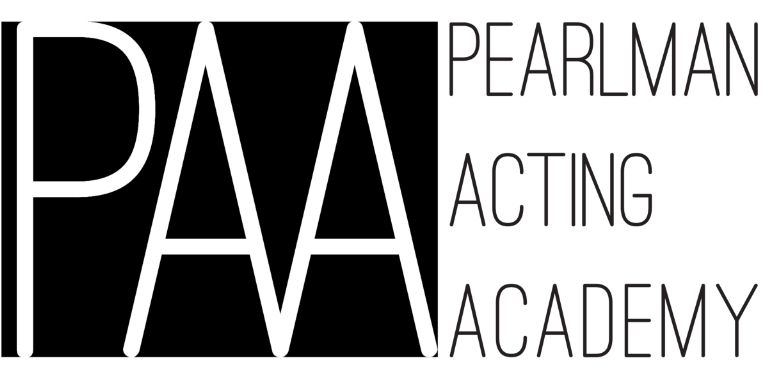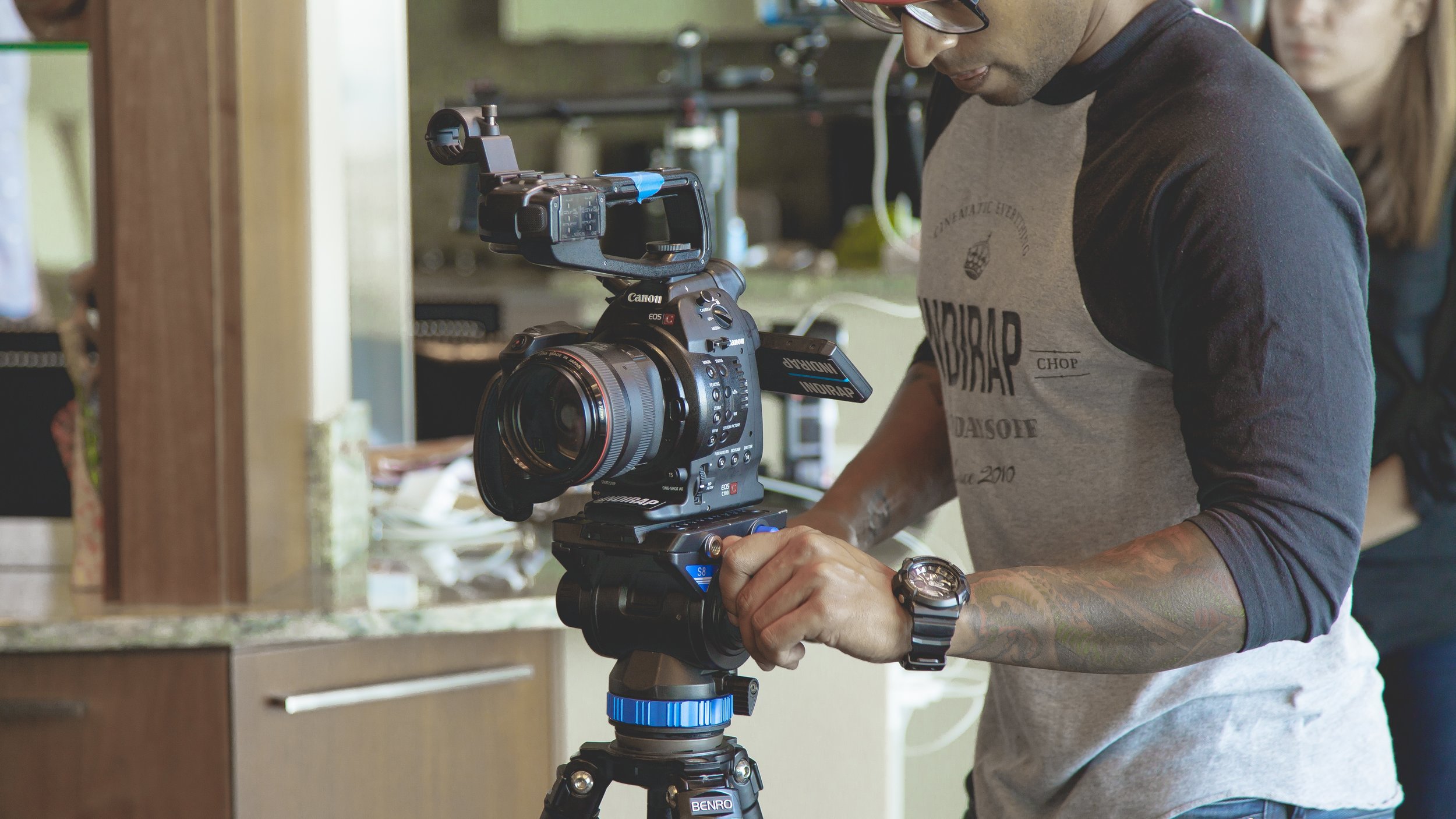Nearly every actor has a “bad reader” story at an audition. Either it was a casting director who was tired and irritable, a casting assistant who gave a weird delivery, or an intern who flubbed a line, throwing the scene off. These experiences can be so frustrating because they’re simply out of your control. It would be naïve to say that they don’t impact the quality of your audition, because they do. Even if you make sure your performance stays flawless, they can still put a mild stain on your overall audition that can impact everyone in the room subconsciously—even the decision makers.
This is why taped auditions are so fantastic. You have the freedom to handpick your reader—selecting someone you have great chemistry with, who knows what they’re doing, and who will a give a good read without taking attention away from you. An excellent reader can give you an edge that helps you to guarantee an audition win. An abysmal reader can instantly shut you out of competition.
I can’t tell you how many audition videos done by superb actors have tanked because their readers were awful, either non-actors—such as family members or roommates—or actors who didn’t know how to be a decent reader. I’ve even seen actors reading sexy love scenes with their parents. Do I really need to explain why that is a terrible idea?
Things to Avoid
Many people, even some experienced actors, think that as a reader you should be monotone, almost robotic, as a means of keeping all the attention on the actor. This is not helpful. It creates a scene that seems imbalanced and a generally weaker audition tape.
Some believe that the reader’s voice must not be loud—and should just fade into the background. The problem with this is that it can motivate a lot of readers to just speak slightly above a whisper. This presents very real problems when the tape is screened by producers, as they often have to strain to hear the reader and can’t quite understand the scene, again putting the actor at a disadvantage.
Some readers, and I cringe to write this, when reading for a scene with different characters, will use different voices for each. Please. Don’t. It’s very distracting, clueless and comical. It is the verbal equivalent of slipping on a banana peel—it pretty much guarantees the attention will be taken away from the actor auditioning.
Avoid recruiting any actors who have naturally odd cadences, accents or ways of speaking—even if they’re talented and you have fantastic chemistry with them. I recall one of my clients had his roommate, a gifted actress, read with him for a taped audition. He did a tremendous job, but I really pushed him to retape it with a different reader. His roommate had a voice that sounded oddly identical to Scarlett Johansson. It was unbelievably distracting and definitely took my attention away from the actor on camera. I kept wondering if it actually was Scarlett Johansson, and did my student know her? And how? And why was she helping him with his audition? I knew that if I found it off-putting, the producers would too.
Things to Focus On
Think of your reader as a reliable scene partner who is equally involved and prepared. This person needs to be invested in the scene but still have an intuitive sense of restraint, as the emphasis is on you.
When recruiting your reader, if you have time, try to find another trustworthy, talented actor to read for your taped audition. If you can find someone of the same gender as the character in the scene—then great. If you can’t, it doesn’t matter. Really. And it will never impact your chances of booking. A capable actor who understands the scene and brings their talent and intelligence to the character will always give you what you need.
Feel free to direct the reader a little. If there are times you want him or her to look at you, cut you off just so, or gesture—tell them explicitly.
Ask your reader to pull back from the camera and microphone if they need to yell or raise their voice.
While so much of booking can feel like a game of chance, you can still load the dice in your favor. We help our clients guarantee an audition win every single time. A taped audition that features you at your utter best, every time, significantly boosts your chance of booking the role, period.
This article was originally posted on Backstage.






